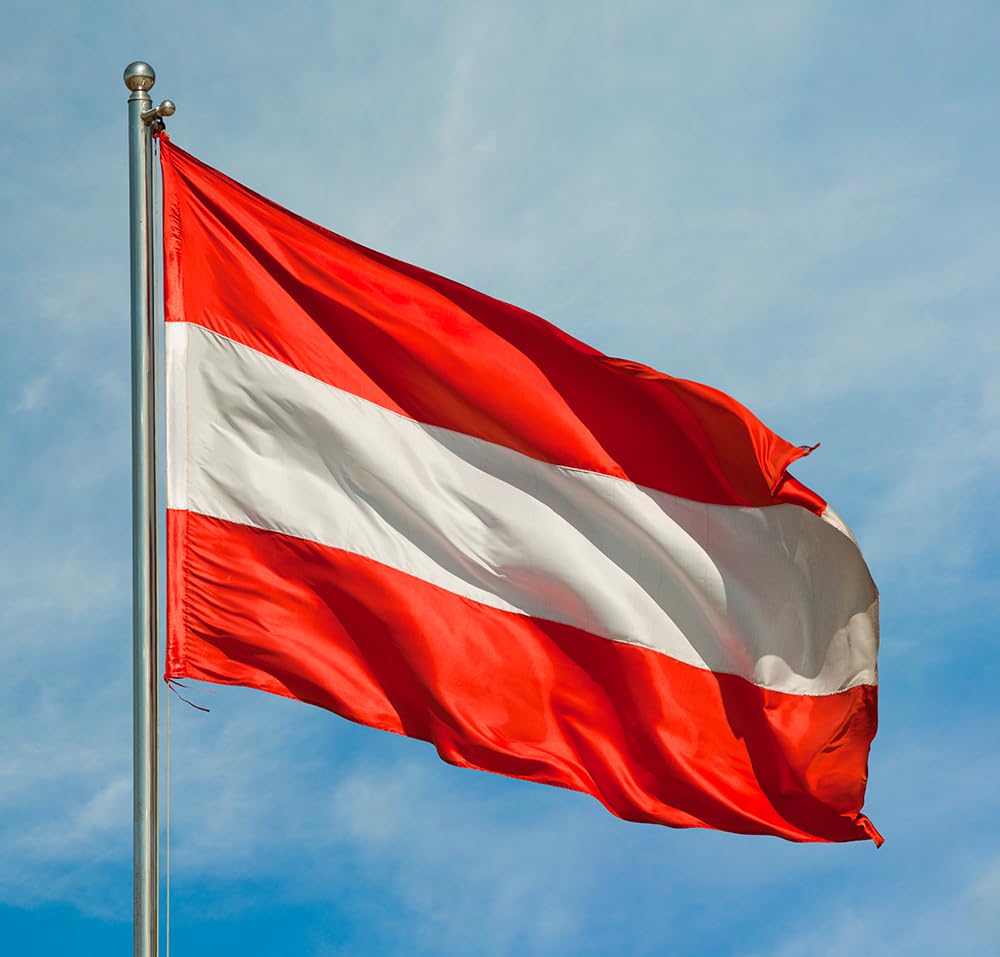Getting a residence permit is a crucial first step if you want to relocate to Austria for more than a quick vacation. Whether your trip is for business, education, family reunion, or another personal cause, knowing how Austria’s resident permit system works can help you to adjust. The nation grants numerous kinds of residency licenses catered to various uses. These include settlement permits for family reunion or extraordinary circumstances, a student residency permit for overseas students, and a Red-White-Red Card for trained personnel. Every kind of permit includes eligibility requirements, application procedures, and set of necessary paperwork.

Selecting the correct kind of permit
Find out which residence permit will fit your circumstances best before applying. If an Austrian company extends a job offer to you and you have relevant credentials and experience, you might be eligible for the Red-White-Red Card, which evaluates candidates using a point-based system. Should you want to study at an Austrian university, your path would be the student residence permit. Family reunion permits are offered for anyone joining a spouse or relative already living in Austria. Whatever the reason, the basis of a good application is understanding your proper permit type.
Standard criteria for every candidate
Regardless of the kind of permission, all applicants have many basic criteria they must fulfil. Included are:
- Having a current passport;
- Evidence of adequate financial resources to maintain oneself;
- Confirmation of acceptable lodging in Austria;
- Proof of valid health insurance;
- Proof of purpose of stay—such as an employment contract or university admittance letter.
You will also have to prove that you do not endanger public peace, usually by providing a police clearance certificate. Every document has to be translated into German; many times, particularly from non-EU nations like India, they must be legalized or apostilled.
The application procedure
If you are applying from overseas, the procedure normally starts at your home country’s Austrian embassy or consulate. You will have to complete the application form and send it in along with all the required supporting paperwork. Should you be in Austria with a lawful visa, you may be eligible to apply at the local immigration office in your area. Once sent in, the processing period for a residence permit may vary based on the particular permit and the degree of completeness of your application—a few weeks to several months. Starting the procedure long ahead of your planned vacation date is smart.
Following approval
You will get a residence permit card after your application is granted and have to pick it up personally. One of the first things you have to do when you get to Austria is register your residence address with the local municipal office (Meldeamt) within three days. Legal obligation aside, this registration is crucial for future interactions with authorities, including application for permanent residence or renewal of licenses.
Route to permanent residency
Speaking of permanency, you can be qualified for a long-term residence permit, also referred to as the Daueraufenthalt–EU permit, after lawfully living in Austria for five years. This lets you remain in Austria permanently and even grants certain resident privileges in other EU nations. Sometimes the change to permanent residency starts for Red-White-Red Card holders after only two years. This depends on all criteria being satisfied and the candidate has assimilated well—including learning the German language.
Conclusion
All things considered, getting a residence permit in Austria is a methodical process requiring careful preparation, the correct paperwork, and a clear knowledge of which permit fits your intended use of stay. Although at first it may seem like a lot of paperwork, being informed and orderly will help to greatly reduce the load.
You may also find these articles helpful
Frequently Asked Questions on Austria
Understanding the impact of criminal records on immigration to Austria
Assessing social benefits and welfare as an immigrant in Austria

